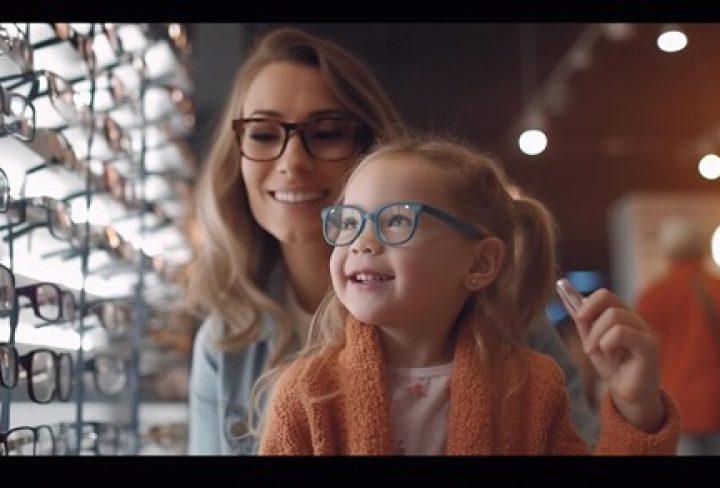Myopia, or nearsightedness, is not just about squinting to see faraway objects. It is a complex vision condition affecting millions globally, often starting in childhood and progressing through teenage years. While blurry distant vision is the hallmark symptom, its long-term implications necessitate a deeper understanding and proactive management approach.
Delving into the Latest Advancements
The field of myopia research is constantly evolving. Beyond traditional corrective lenses like glasses and contact lenses, we are witnessing exciting developments:
Myopia control: This approach aims to slow down the progression of myopia, particularly in children. Strategies include special lens designs (multifocal or peripheral defocus lenses) and orthokeratology (overnight corneal reshaping lenses). Early intervention shows promising results in mitigating potential future complications associated with high myopia.
Pharmacological interventions: Researchers are exploring the potential of low-dose atropine eye drops to slow down myopia progression. However, this is still under investigation, and long-term safety and efficacy need further evaluation.
Genetic research: Unraveling the complex genetic factors contributing to myopia development paves the way for potential future personalized medicine approaches.
Understanding Myopia Management Strategies
For individuals with existing myopia, a comprehensive strategy goes beyond just correcting vision. Here are key aspects to consider:
Regular eye exams: Scheduling regular checkups with your eye doctor is crucial. These exams not only monitor your vision but also detect any potential eye health issues related to myopia, such as retinal degeneration.
Lifestyle modifications: Certain lifestyle factors like near work activities (excessive screen time) and lack of outdoor time are linked to myopia progression, especially in children. Encouraging balanced near and far vision activities and regular outdoor time might be beneficial.
Nutritional habits: While conclusive evidence is lacking, some studies suggest a link between healthy dietary practices and reduced myopia progression. Maintaining a balanced diet rich in fruits, vegetables, and essential nutrients may support overall eye health.
Addressing Common Concerns
Living with myopia raises several questions, and addressing them empowers you to manage the condition effectively:
Is myopia curable?
Currently, there’s no cure for myopia. However, various treatment options like corrective lenses and myopia control strategies effectively manage the condition and help you achieve clear vision.
Will myopia worsen with age?
Myopia often stabilizes in adulthood. However, some individuals may experience a slight increase in nearsightedness with age due to age-related changes in the eye.
Is myopia a risk factor for other eye conditions?
While not everyone with myopia develops them, high myopia (severe nearsightedness) is associated with an increased risk of certain eye conditions like retinal detachment and glaucoma. Regular eye exams are vital for early detection and management of potential complications.
Consult your eye doctor for personalized advice and treatment options tailored to your specific needs. By staying informed and working closely with your doctor, you can effectively manage myopia and enjoy clear vision throughout your life.


